ABC of natural active ingredients
All the ingredients used in the Dermoscent® formulas are subjected to rigorous selection by the experts of LDCA. Find out more on some of the active ingredients !
Vegetable oils
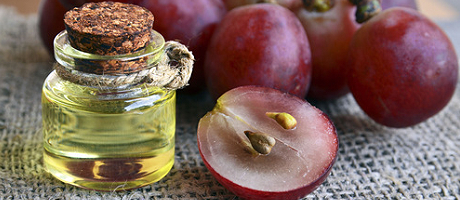
Grape (seeds)
The grape seed oil is rich in essential fatty acids and has restructuring and emollient properties. It also contains antioxidant phenolic compounds which neutralizes free radicals or slows down their production.
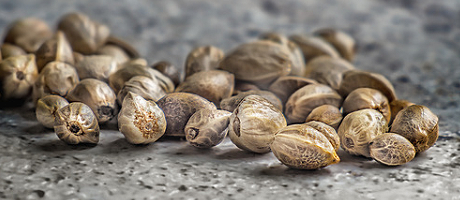
Hemp (seeds)
Used in almost all Dermoscent® products, the vegetable oil from hemp seeds provides essential fatty acids (omega 3 and 6) which are indispensable lipidic components for the integrity of the skin barrier. Hemp seed oil helps maintain the cohesion between epidermis cells to keep the skin hydrated and to form an impermeable barrier against external environmental threats.
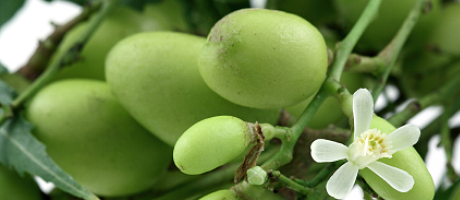
Neem (seeds and leaf)
The vegetable oil from neem seeds provides essential fatty acids (omega 3 and 6). Coming from the Indian subcontinent, neem oil has been used in skincare for centuries.
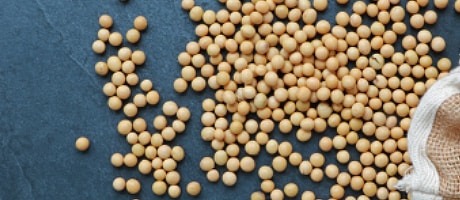
Soybean (seeds)
The soybean oil (Soja hispida) has emollient, hydrating and nourishing properties. It easily penetrates into the epidermis and softens the skin
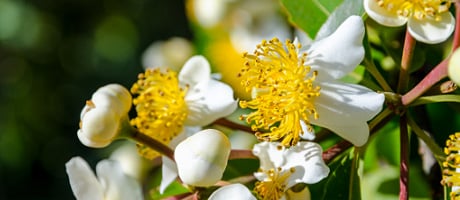
Tamanu (seeds)
Traditionally, tamanu oil (Calophyllum inophyllum), also called calophylle or foraha oil has been used to treat numerous skin conditions (eczema, psoriasis, etc.). Rich in essential fatty acids, it also possesses soothing and healing properties.
Vegetable and herbal extracts and other natural ingredients
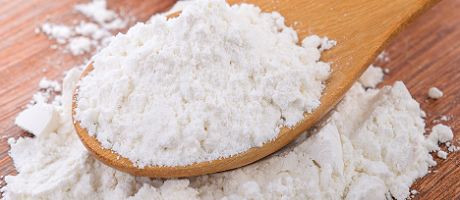
Aluminium oxide
Mineral screen which reflects sunrays instead of absorbing them to protect the skin.
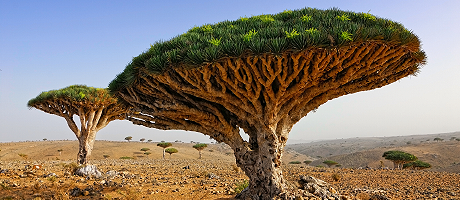
Amazonian red resin
For centuries, red sap of the Amazon has been used by Amazonians for its antiseptic and healing properties, and as a poultice to treat various skin problems. It is also known to have anti-inflammatory effects.
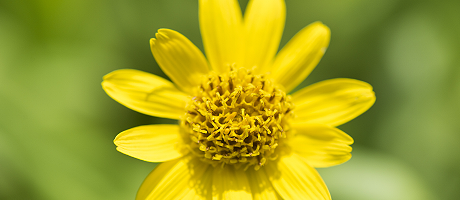
Arnica
The arnica extract has anti-inflammatory and soothing properties. It is thus very useful in case of muscle or joint pain: osteoarthritis, physical activities, convalescence…
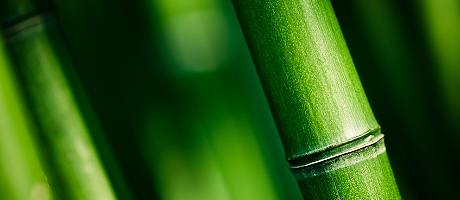
Bamboo
Bamboo extract is rich in silica with remineralizing properties. It is a natural fortifying ingredient to reinforce the coat and strengthen the claws.
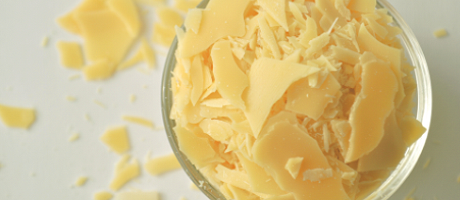
Candelilla
This vegetable wax is obtained from a bush in the northern of Mexico. It has powerful filmogenic and softening effects.
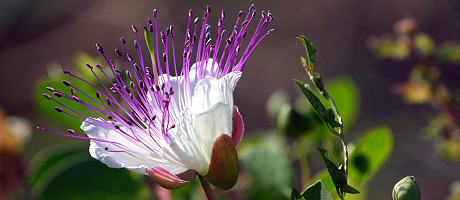
Caper
This ingredient comes from gemmotherapy, a medicinal approach based on buds. The caper flower bud contains anti-inflammatory substances and is thus particularly efficient in soothing irritated skin.
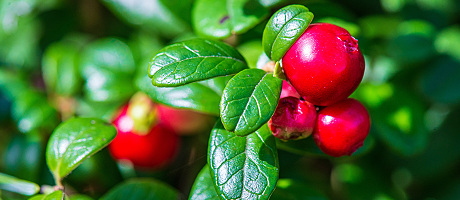
Cranberry (whole berries)
The active constituents of cranberry such as vitamin C and polyphenols including proanthocyanidins (PAC) are well known in helping limit the adhesion and proliferation of E. Coli bacteria on urinary tract wall and for their powerful antioxidant effect.
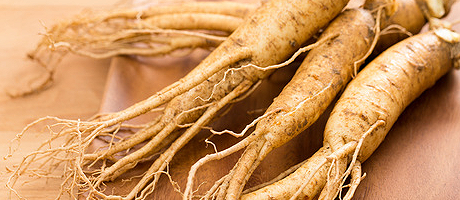
Ginseng
The ginseng extract contains ginsenosides with antioxidant properties.
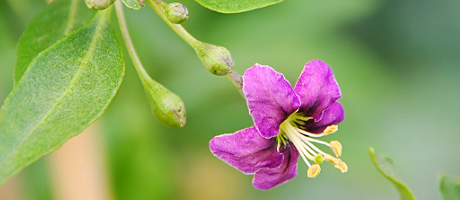
Goji (berries)
Well-known as a superfood, the goji extract is also beneficial when applied onto the skin because it is rich in carotenoids, precursors of vitamin A (retinol) which protect the skin from oxidative stress and stimulates skin cell renewal.
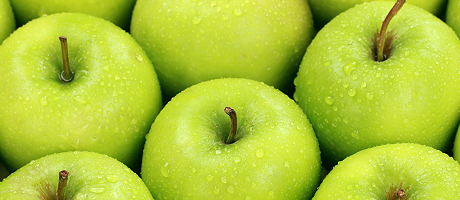
Green apples (lipoaminoacids)
This surfactant provides a good volume of foam and easily degrades in the environment. This ingredient is suitable for all skin types, even the most sensitive ones like those of puppies and kittens. It is also an efficient and gentle cerumenolytic agent (helps eliminate earwax in the ear).
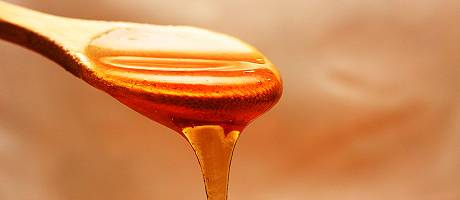
Honey
Honey possesses healing and protective properties.
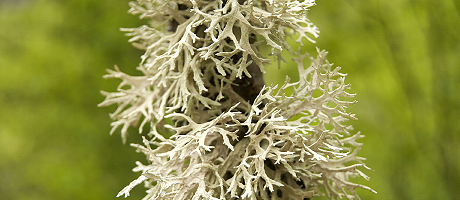
Lichen
Rich in usnic acid, the lichen extract inhibits growth of bacteria responsible for bad odors. That’s why it has a deodorizing effect.
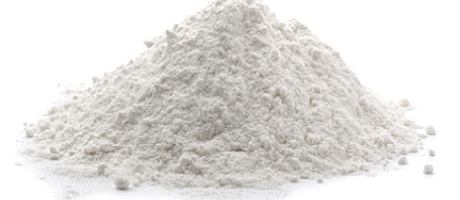
N-acetylcysteine
Amino acid which helps fight against communities of germs, called a biofilm, causing very frequently recurrent skin infections or otitis and antibiotic resistance.
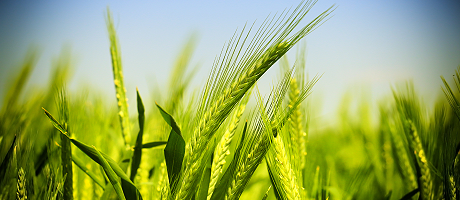
Phytokeratin
Keratin of natural origin extracted from wheat and millet. Phytokeratin provides sulphur amino acids (cystine and methionine) and has an effect on the structure of the hair and the claws, enhancing their quality & vitality.
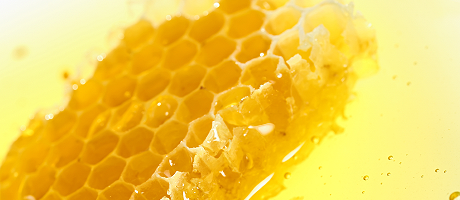
Propolis
Propolis is produced by bees to protect and sanitize their hive thanks to its antimicrobial activity.
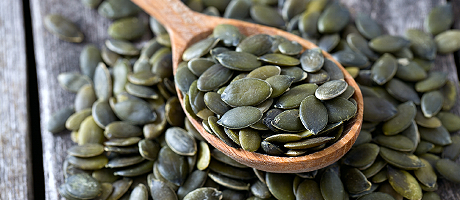
Pumpkin (seeds)
Desensitizing agent that inhibits the synthesis of histamine (main mediator of allergy), providing therefore a soothing effect.

Red microalgae
The red microalgae extract (Porphyridium cruentum) contains a combination of polysaccharides with filmogenic and moisturizing properties.
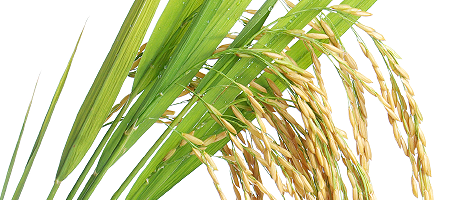
Rice (oryzanol)
This rice extract has been used by Japanese woman for a long time for its soothing and antioxidant properties.
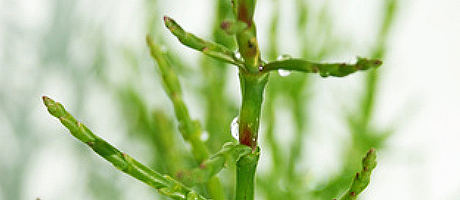
Salicornia
The salicornia is a plant located on coastline or saline settings with a strong hydrating power.
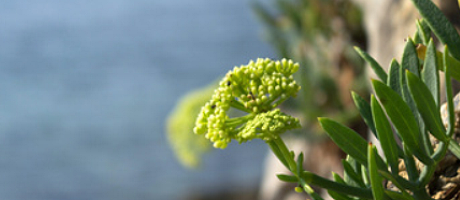
Samphire
The samphire is a Mediterranean plant which grows by the sea. It helps stimulate epidermis cells to enable a healthier skin. It also favors cell renewal.
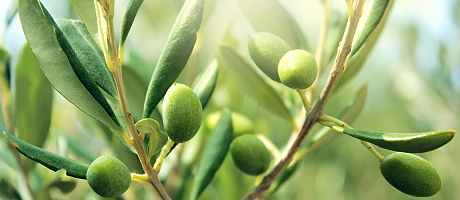
Squalane
Lipid derived from squalene, a natural component of the sebum. This emollient from olive has nourishing properties.
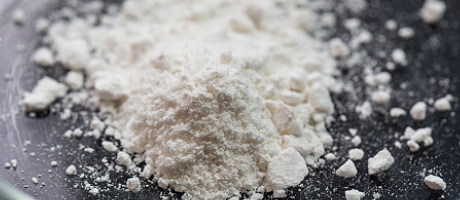
Titanium dioxide
Mineral screen which reflects sunrays instead of absorbing them to protect the skin.
Essential oils
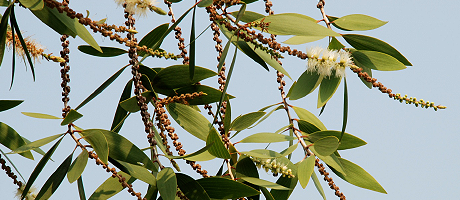
Cajeput
The essential oil of cajputi (Melaleuca cajuputi) is obtained from a bush from the myrtaceae family. It possesses antiseptic properties.
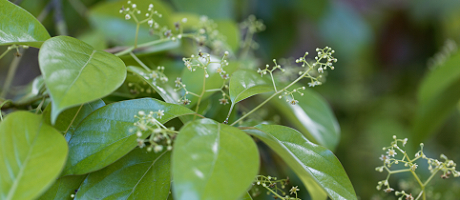
Camphor
The essential oil of camphor is highly lipophilic. It provides a cooling sensation, resulting in a local anaesthetic effect. It also possesses antimicrobial activity.
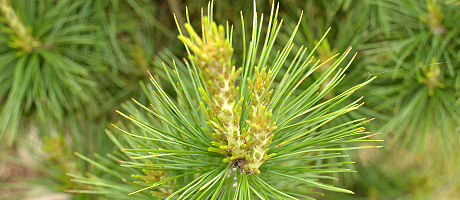
Cedar
The essential oil of cedar possesses healing and anti-parasitic properties.
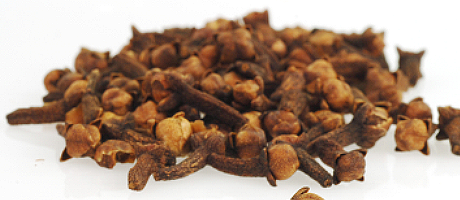
Clove
The essential oil of clove is very rich in eugenols. These compounds possess analgesic and anaesthetic properties. Research has shown that clove also possesses insect-repellent properties.
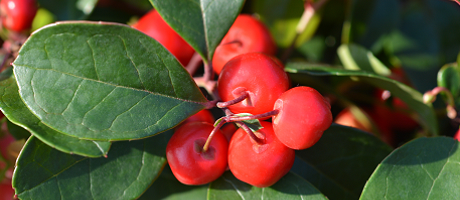
Gaultheria
Also known as wintergreen; its essential oil possesses soothing and anti-itching properties.
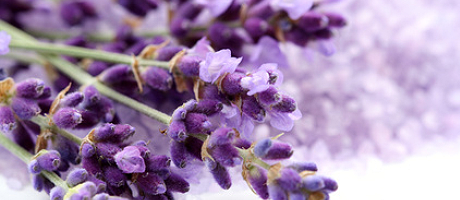
Lavandin
The essential oil of lavandin, when applied onto the skin, is soothing, antiseptic, deodorizing and anti-inflammatory. It is also used in inhalation thanks to its relaxing scent.
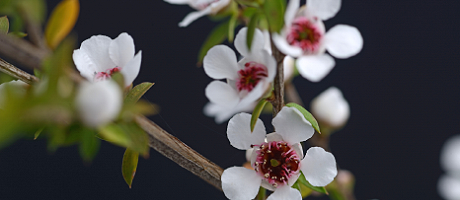
Manuka
The essential oil of manuka has antimicrobial and antibiofilm properties.
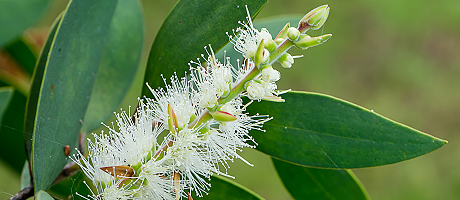
Niaouli
The essential oil of niaouli (Melaleuca quinquenervia) is rich in nerolidol, a terpenic molecule which gives a pleasant and durable floral scent. It has also antibacterial properties.
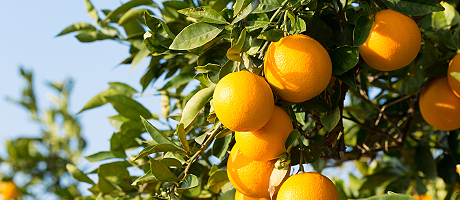
Orange
The essential oil of sweet orange (Citrus Sinensis) is obtained from orange peels. This natural agent gives a bitter taste and helps avoid pets from licking.
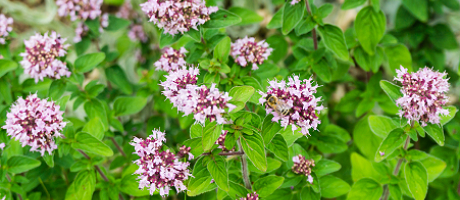
Oregano
Oregano contains carvacrol and thymol, which are antimicrobial agents and possess vermifugal and insect-repelling properties.
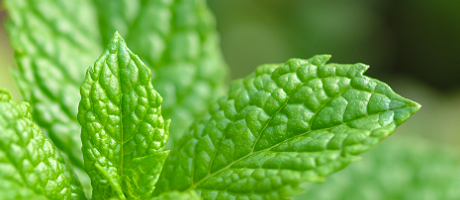
Peppermint
It contains various elements, such as menthol which enable antiviral and antibacterial properties.
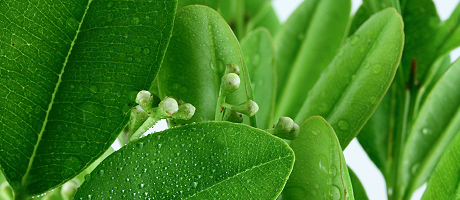
Ravintsara
The essential oil of ravintsara has, among other things, immunostimulative and neurotonic properties to help balance the nervous system
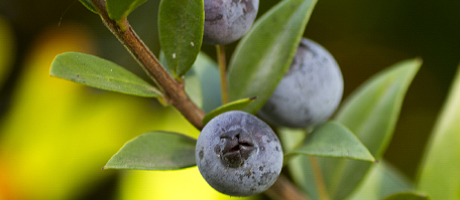
Red myrtle
The essential oil of red myrtle has antimicrobial properties. It acts on microorganisms by weakening their membrane thus facilitating their elimination.
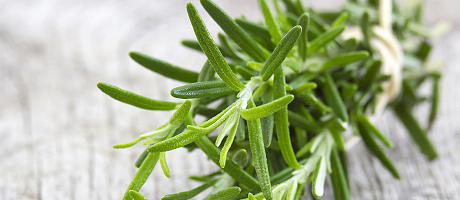
Rosemary
The rosemary is a typical shrub from the Mediterranean region. This aromatic plant possesses antibacterial and antifungal properties.
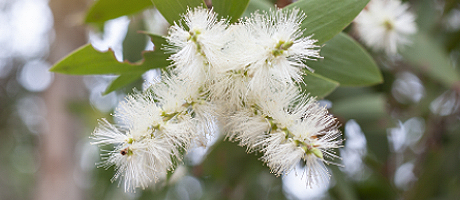
Tea tree
The essential oil of the tea tree (Melaleuca alternifolia) possesses anti-inflammatory, antiseptic and antifungal properties.
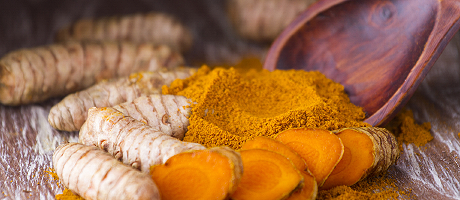
Turmeric
The essential oil of turmeric possesses an anti-inflammatory and antioxidant properties.

